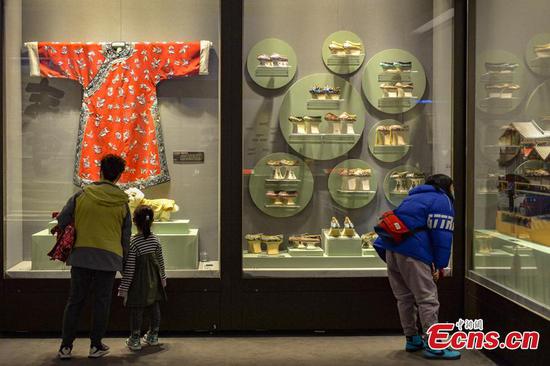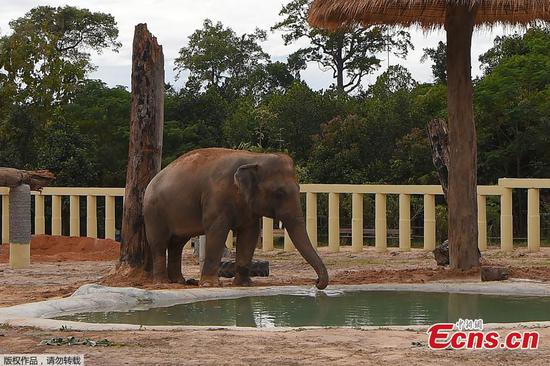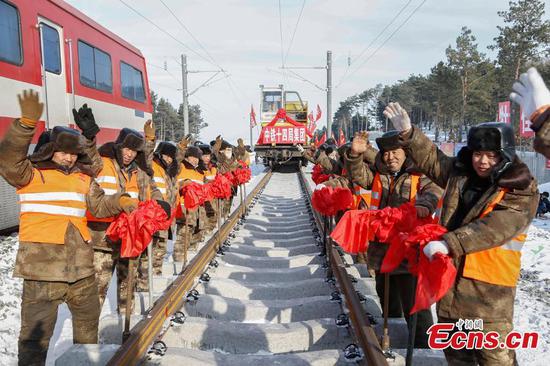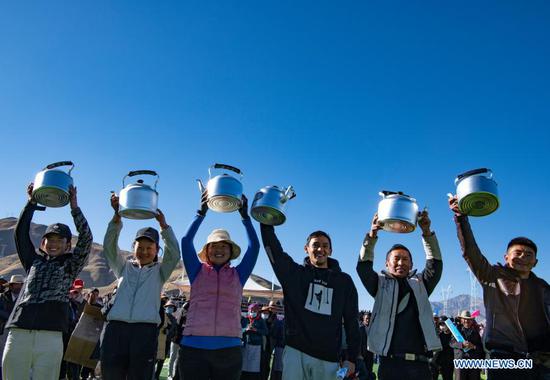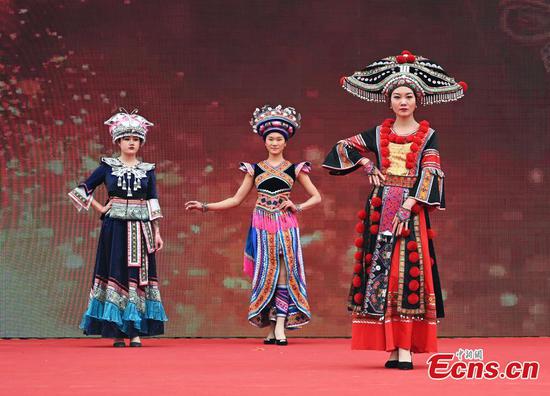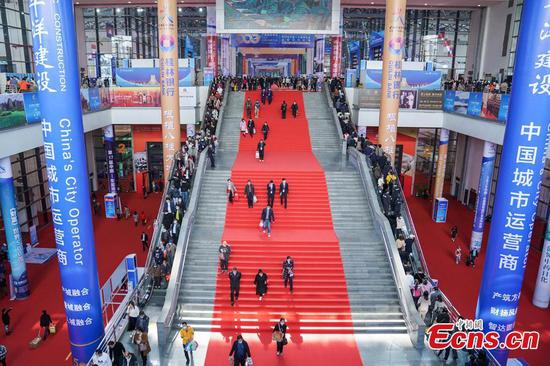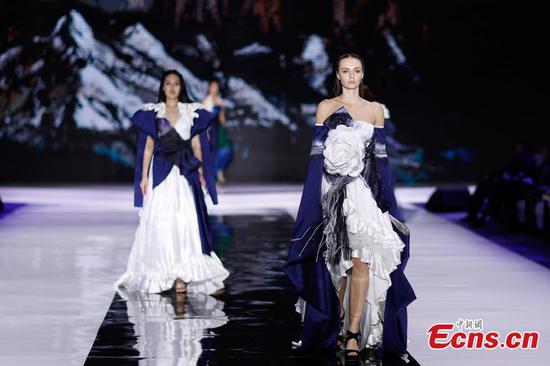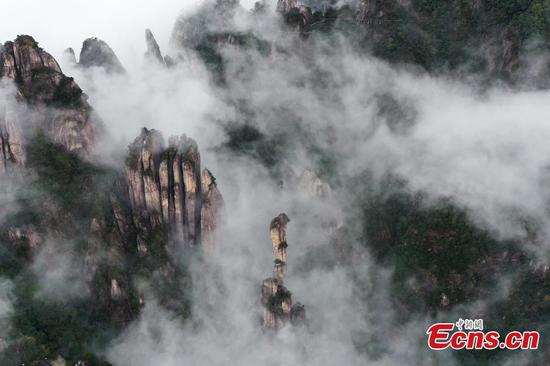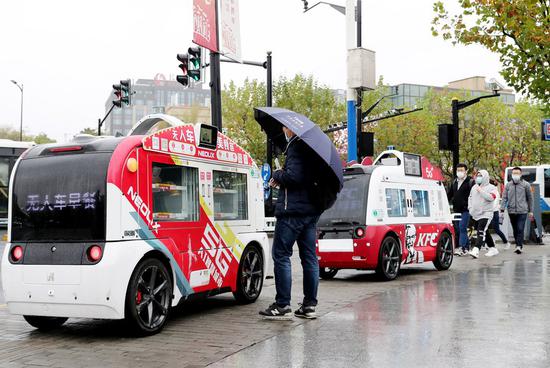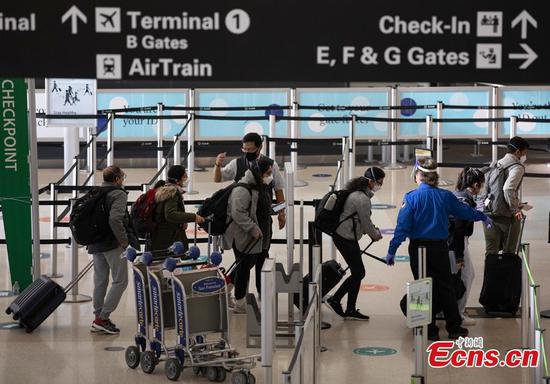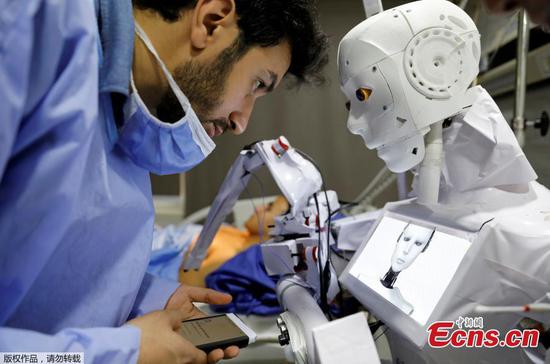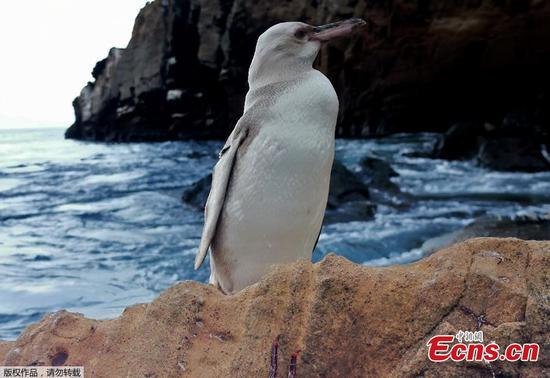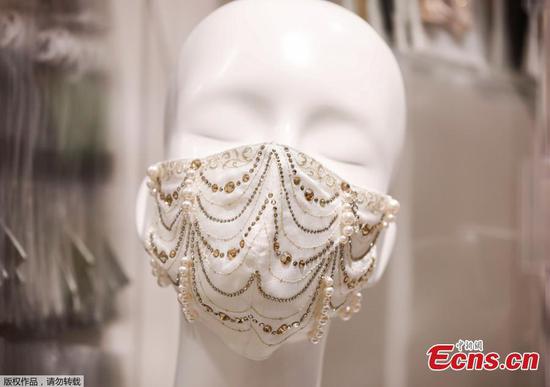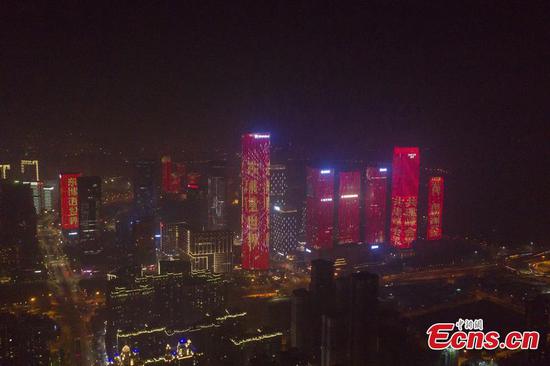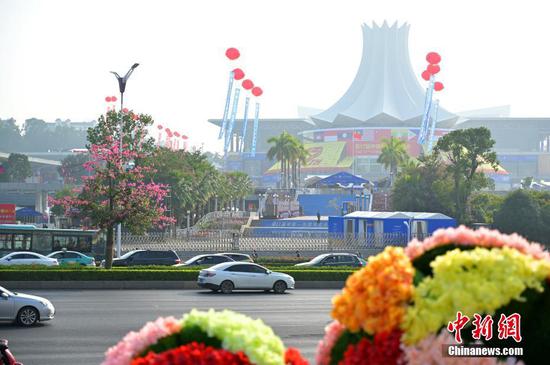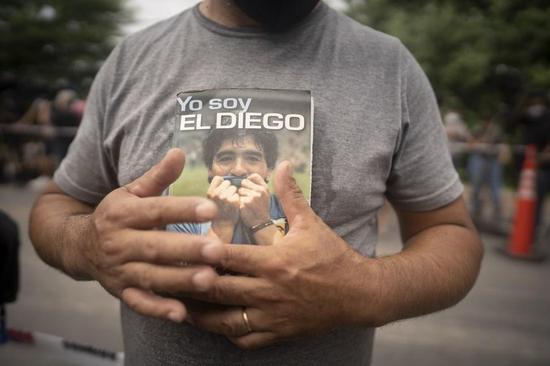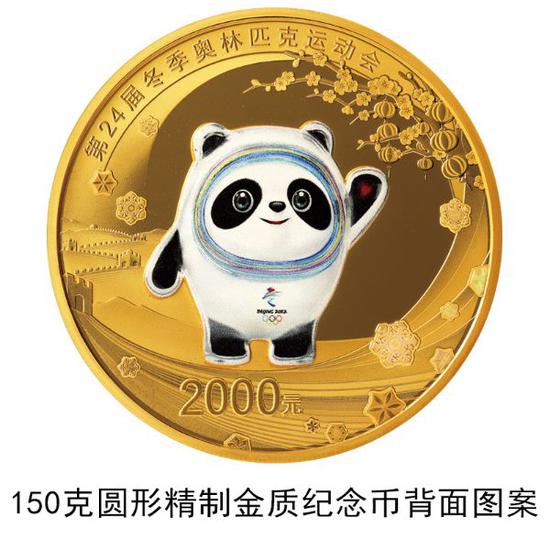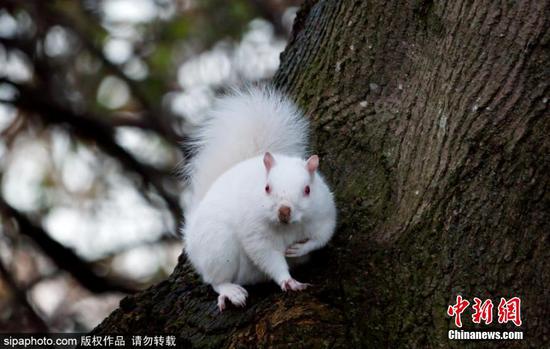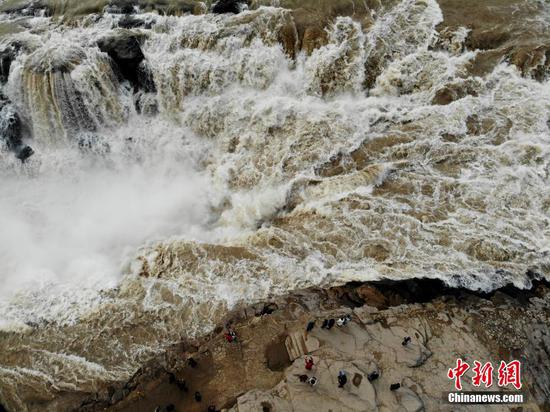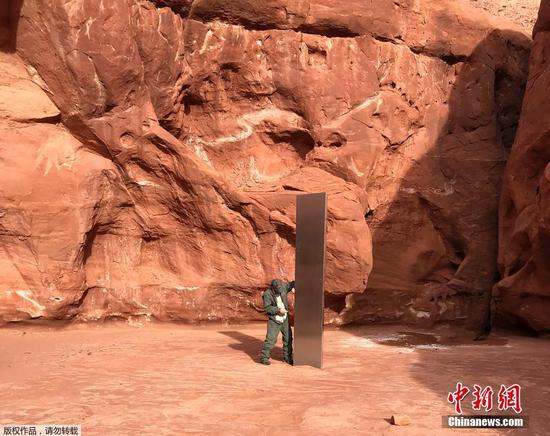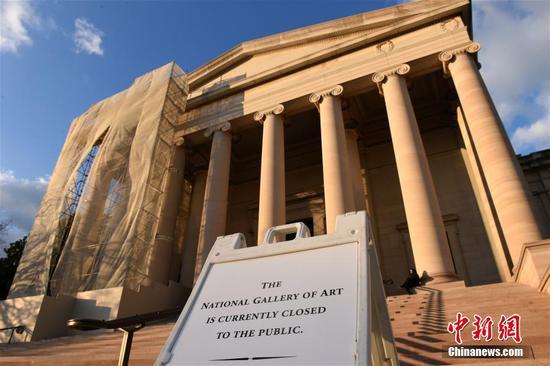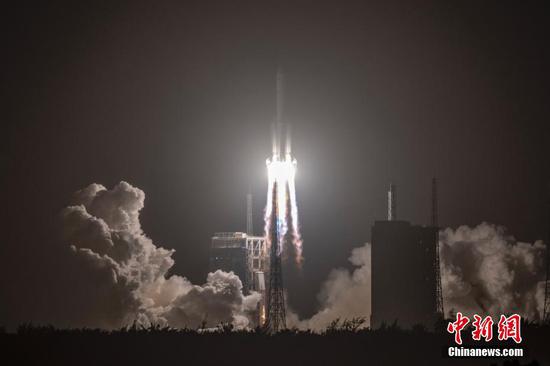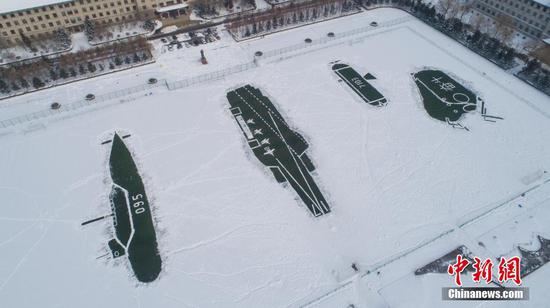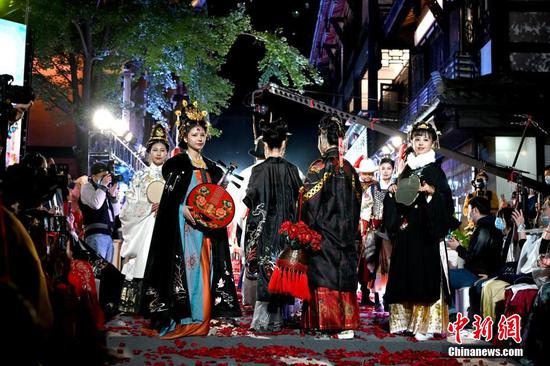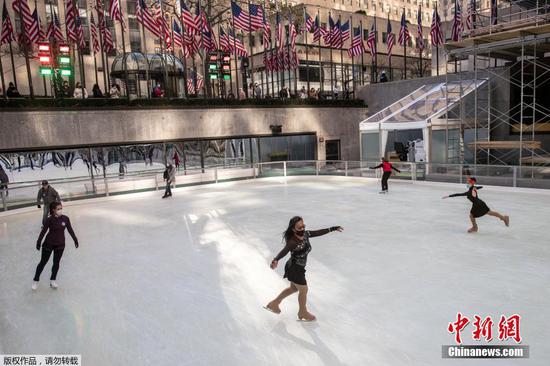"Attempts to incite distrust and even hatred among different nations and civilizations are extremely irresponsible" as there are "unprecedented needs" for bilateral and global cooperation in today's world, Chinese Ambassador to the United States Cui Tiankai said on Thursday.
"There are always differences between the two countries. Many of them are part of the diversity of the world. None of them justifies confrontation and war, cold or hot," said Cui in his opening remarks at the Annual Conference of the Institute for China-America Studies (ICAS).
"With sufficient mutual respect and mutual understanding, we are capable of managing these differences so that they would not derail the entire relationship," he said.
The Chinese diplomat noted professor Graham Allison made a timely warning against the Thucydides trap a few years ago.
"He (Allison) also quoted Shakespeare that our destiny lies 'not in our stars, but in ourselves.' Again, 'nothing is written in stone.' Everything depends on the choices we make," said Cui. "The zero-sum game is anachronistic. Attempts to incite distrust and even hatred among different nations and civilizations are extremely irresponsible."
The ambassador warned that those who are obsessed with great power rivalries already have their feet in the trap. "Instead, we should, based on a clear understanding of the new realities of today's world, join hands to build a new type of international relations and a community of mankind for a shared future," said Cui.
As the world is about to enter the third decade of the 21st century, there are unprecedented needs for bilateral and global cooperation, including those concerning public health, climate change, a more inclusive and equitable process of globalization, as well as advancement of science and technology, said the ambassador.
"All these challenges call for enhanced international cooperation, including in particular China and the U.S. working with each other, not decoupled from one another," he said.
The one-day ICAS event comprised a keynote bilateral dialogue and two sessions.
The dialogue, with Cui and Dr. Graham Allison of Harvard University as keynote speakers, was moderated by Stephen Orlins, president of the National Committee on United States-China Relations. Fourteen other Chinese and American experts also participated in the conference.









